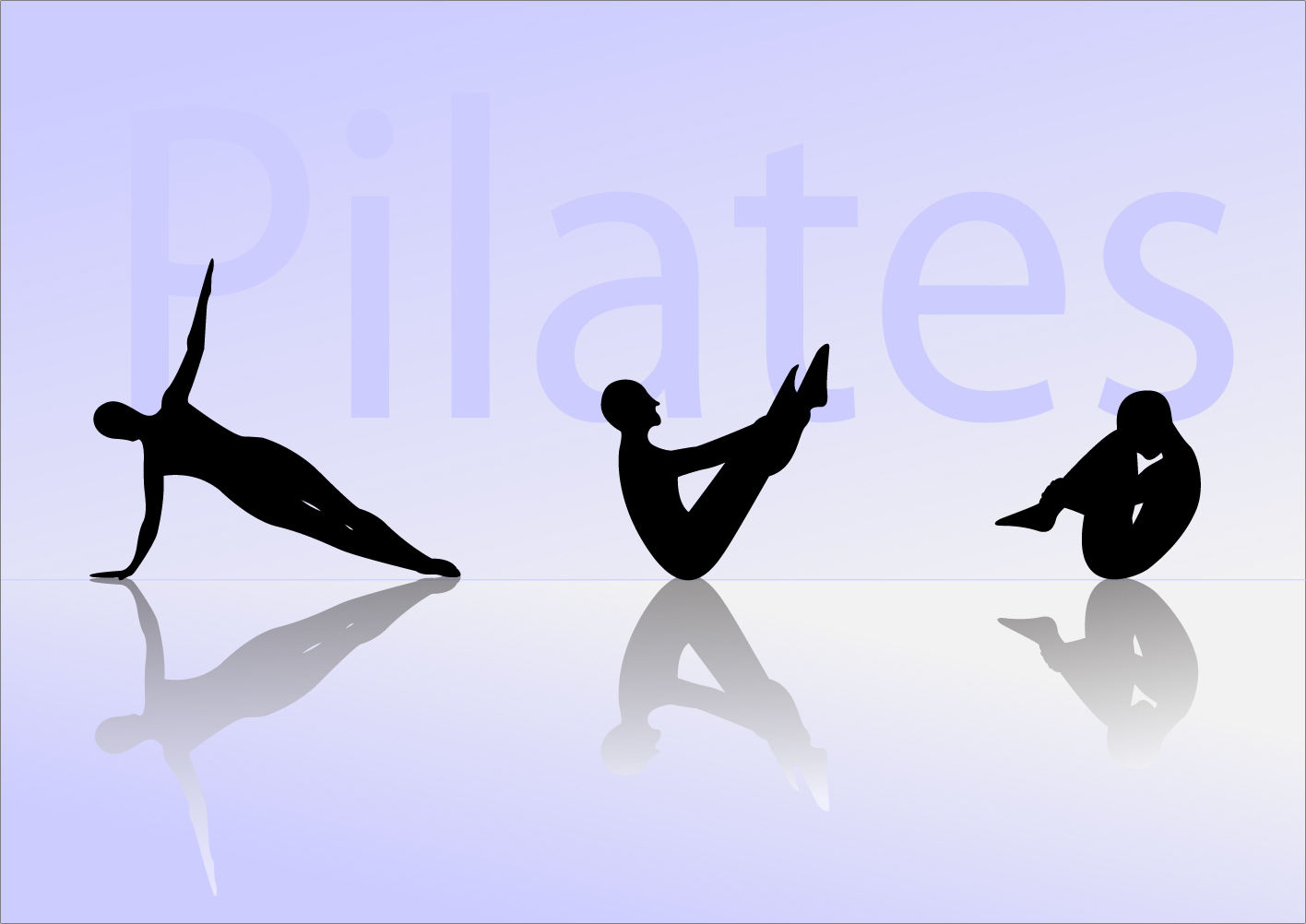
15 May Why Pilates Works Well for Men
Pilates as a form of exercise was developed by a man, Joseph Pilates, as a training tool for elite athletes, and dancers of the New York City ballet – both men and women (there are some very enlightening clips on YouTube of the male dancers performing the original material!)
Although Pilates has become increasingly popular amongst women in the last twenty years, there has always been a core of male followers promoting the exercise, and gradually, more men are becoming familiar with the benefits it can provide.
In fact, most of today’s large Football, Rugby and Cricket clubs are now using Pilates as part of regular training regimes for their players, and you may have seen Tennis star Andy Murray on TV using Pilates when preparing for Wimbledon.
There is nothing specifically different about Pilates training for men, especially in the beginning. Pilates is founded on healthy movement principles for the human body in general, and the classes include Physiotheraputic advice and education that will be easily applicable for day to day life.
In Pilates, we develop core strength, flexibility, posture, balance and efficient movement patterns, which are highly relevant to men’s fitness. Quite often people focus on a certain aspect of training like weights or CV work and often underestimate the importance of muscle length, control and the trunk as a base to movement.
Pilates emphasises moving from the centre of the body, and develops core strength in the central deep muscles to stabilise the trunk and protect the back. This kind of core training makes Pilates an excellent technique for whole-body fitness, and complements other aspects of fitness like CV work and strength.
Increasing flexibility is a goal that Pilates addresses in a way that men often feel comfortable with.
All work is aimed at functional fitness. That is, the ability to have the strength, balance, and flexibility that allows one to move through daily-life tasks efficiently, and so carry over from the principals worked on in the class – to your regular fitness regime, is made a priority.
Senior Physiotherapist and Certified Pilates Instructor APPI, Deborah Thomas, takes Pilates classes here at Halo.
Deborah has trained extensively within the APPI Pilates method, and so modification of exercises is a core part of the Pilates class, allowing it to meet a variety of needs in practitioners, to suit all levels. For this reason, it can be applied to those spending lots of their day sat at a desk or driving, as well as people who spend most of the day doing manual work.
Finally, Pilates emphasises the body/mind practice where part of the exercise is to bring one’s full care and attention to every movement, which is often crucial when recovering from painful episodes which occur in our joints and muscles.



No Comments